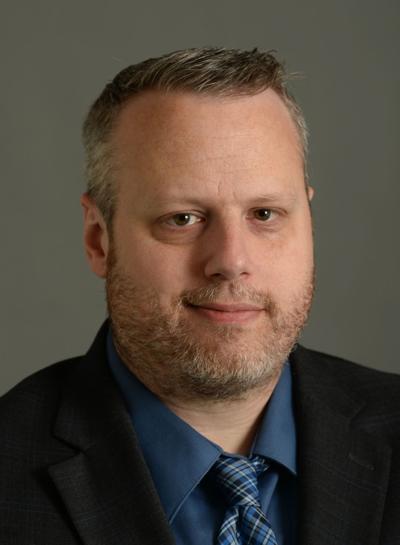A few days after a tornado hit parts of Indiana and Kentucky in March 2012, video surfaced of a woman standing outside as the storm was bearing down on her home. She prayed to the Lord Jesus fervently that he move the tornado away and protect her. She should’ve been taking shelter but, instead, she stood almost directly below the forming funnel and railed against it in the name of Christ, devout in her faith and defiant in the face of death.
The storm changed course.
The video was quickly snatched up by local news networks across the country and even some national outlets, featured in brief but highly viewed segments as a heart-warming story confirming the power of prayer.
A number of those segments failed to mention that, after the tornado veered away, it descended directly on the small, downtown area of West Liberty, Kentucky, killing five people. The storm also caused hundreds of thousands, if not millions, of dollars in property damage, flattening houses and businesses, prompting then-Gov. Steve Beshear to declare it looked as if the town had been bombed.
What gives? Was the devastation of a town and the lives of five people the cost for sparing one life? That can’t be right, because the woman, after speaking in tongues for a spell, specifically asked the Lord to take the storm “away from our town.” Did she not ask for the town to be spared enough times? Were those who died or had their homes destroyed not praying at the right moment? If they were praying, were they doing it wrong? Maybe they were praying to the wrong God or to a Methodist’s version of Jesus, instead of a Baptist’s messiah.
Many, including myself, would prefer not to think about such things for too long, landing on something vague like “Everything happens for a reason,” or “It’s all part of God’s plan.” Cold comfort to those who lost someone to a tornado or a traffic accident or a random shooting. Why them and not someone else?
I prayed a lot when my wife received her cancer diagnosis, and a lot of people were praying for us. Even though her initial prognosis was grim, she not only survived, but had a near-perfect, best-case-scenario response to all of her treatments and surgeries. Did prayer move the needle on that? It’s easy for me to say it did. But what about all of the other people who get diagnosed every day and don’t make it?
Stories you might like
The concept of prayer seems to suggest that we can change fate, but fate is blamed when prayer doesn’t deliver. In that case, we’re told we can’t see why something terrible had to happen now, but, somewhere down the line, it’ll make sense.
Furthermore, some who survive a horrific incident or a life-threatening illness are declared protected by God; the recipients of a miracle. Does that make others who didn’t survive wicked or less important? Are they the sacrifice demanded because of God’s plan for someone else?
Guess what? I don’t know. All I’ve got is a strong suspicion that’s not how any of this works.
Confronted with the perceived randomness of certain aspects of quantum mechanics, Einstein is quoted as saying something along the lines of, “God does not play dice.” It’s well established that I am no Einstein, but it’s my strong belief that God doesn’t make a kicker miss a field goal. I also don’t believe anyone’s God throws tornadoes from the sky, makes drunk drivers swerve head-on into a car full of kids or controls the paths of bullets.
So, what does God do? That’s what a lot of us are constantly trying to figure out. Faith can be a comforting anchor, but it can also be a confounding mystery. For many, faith is a fabrication.
It’s hard to blame anyone for where they stand, unless they use God — or the absence of such a deity — to justify their violence, their greed or their hatred. History tells us there are sometimes none greater, but, just as often, none more dangerous, than those who proclaim they’re on a mission from God.












